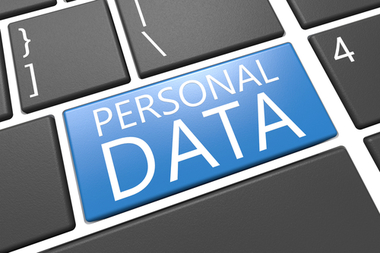The majority of UK consumers (63%) would willingly share data about their daily habits with companies for monetary gain, reveals a new Intel Security sponsored survey. A further 61% said they would give a company access to their connected home habits if they were paid for it.
The Global Internet of Things Smart Home Survey also found that Brits would be more receptive to embracing smart home technology if there were monetary incentives to do so. Over three quarters (77%) of UK respondents said they would own a smart home if it meant they received additional tax credits.
However, despite this willingness to adopt the technology and share personal data with companies, nine in ten (91%) Brits are worried about having their smart home data hacked by cyber criminals and having it used against them. When asked about which devices they believe posed the biggest threat, a ‘virtual babysitter’ was considered as the device they’d least like to see in their home. Concerns over security were universally shared and three-quarters (75%) of global respondents said they were also anxious about the number of passwords required to manage a smarter home.
“Smart homes produce a wealth of data about the way we live and by leveraging this data, companies have the potential to improve how we go about our daily lives,” said Simon Hunt at Intel Security. “People are aware of how valuable this data is for third party companies, but this data is not just valuable for these companies it’s also like gold dust for hackers. In the rise of the Internet of Things, security has to be addressed from the outset to prevent the smart home hackers. When done right, security can unlock the benefits IoT promises to deliver.”
The survey also found that nearly three quarters of UK consumers (71%) do not believe smart homes will be as commonplace in 2025 as smartphones are today, compared to just 23% of global respondents. The majority of Brits (72%) did, however, see the benefits of a smart home future. Two-thirds (66%) said they expected smart homes to reduce their gas and electricity bills and 36% think household chores might be reduced as a result of smart home living. Over a third (36%) said that spending more quality time with family would be the greatest benefit for living in a smart home.








